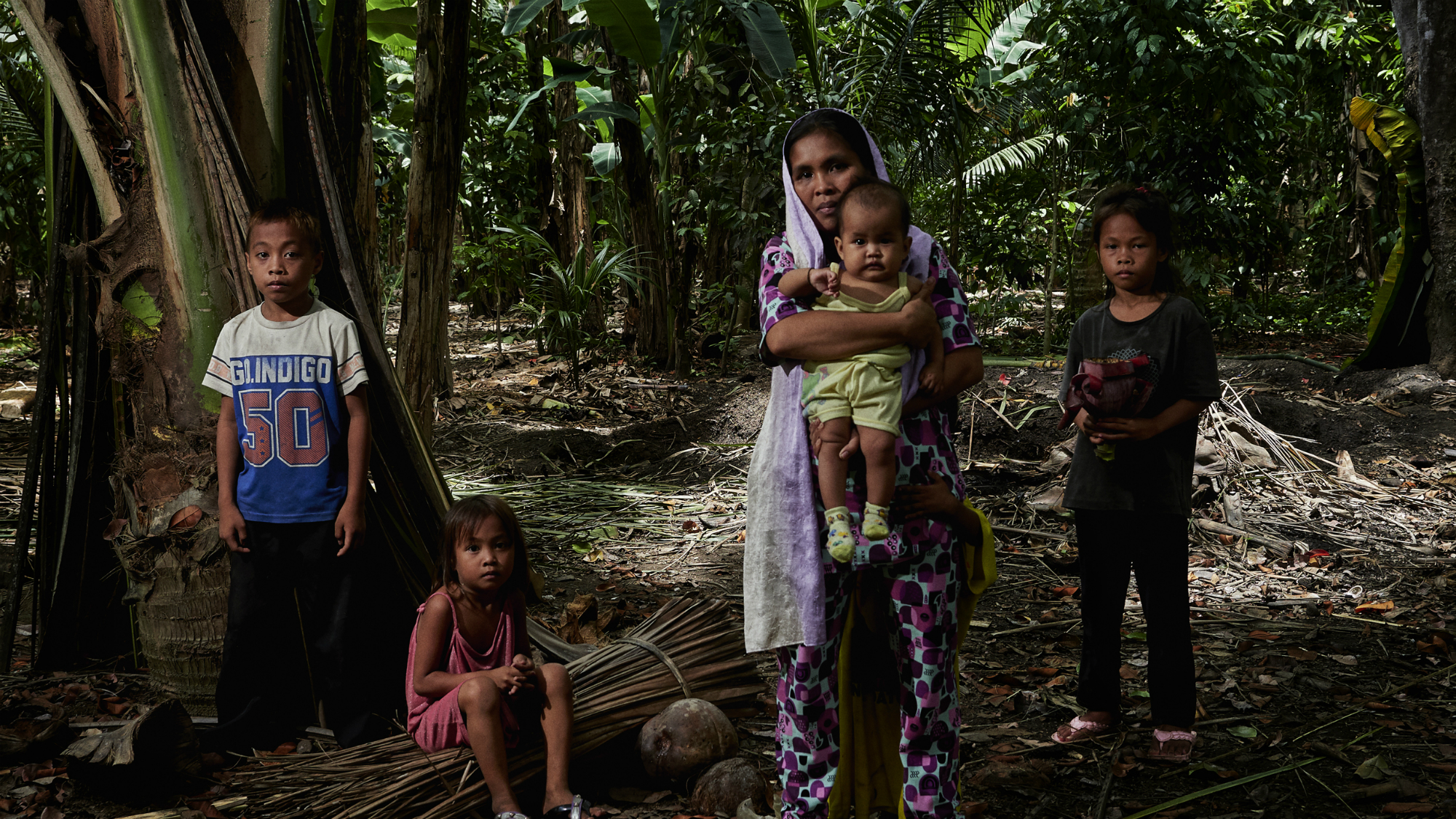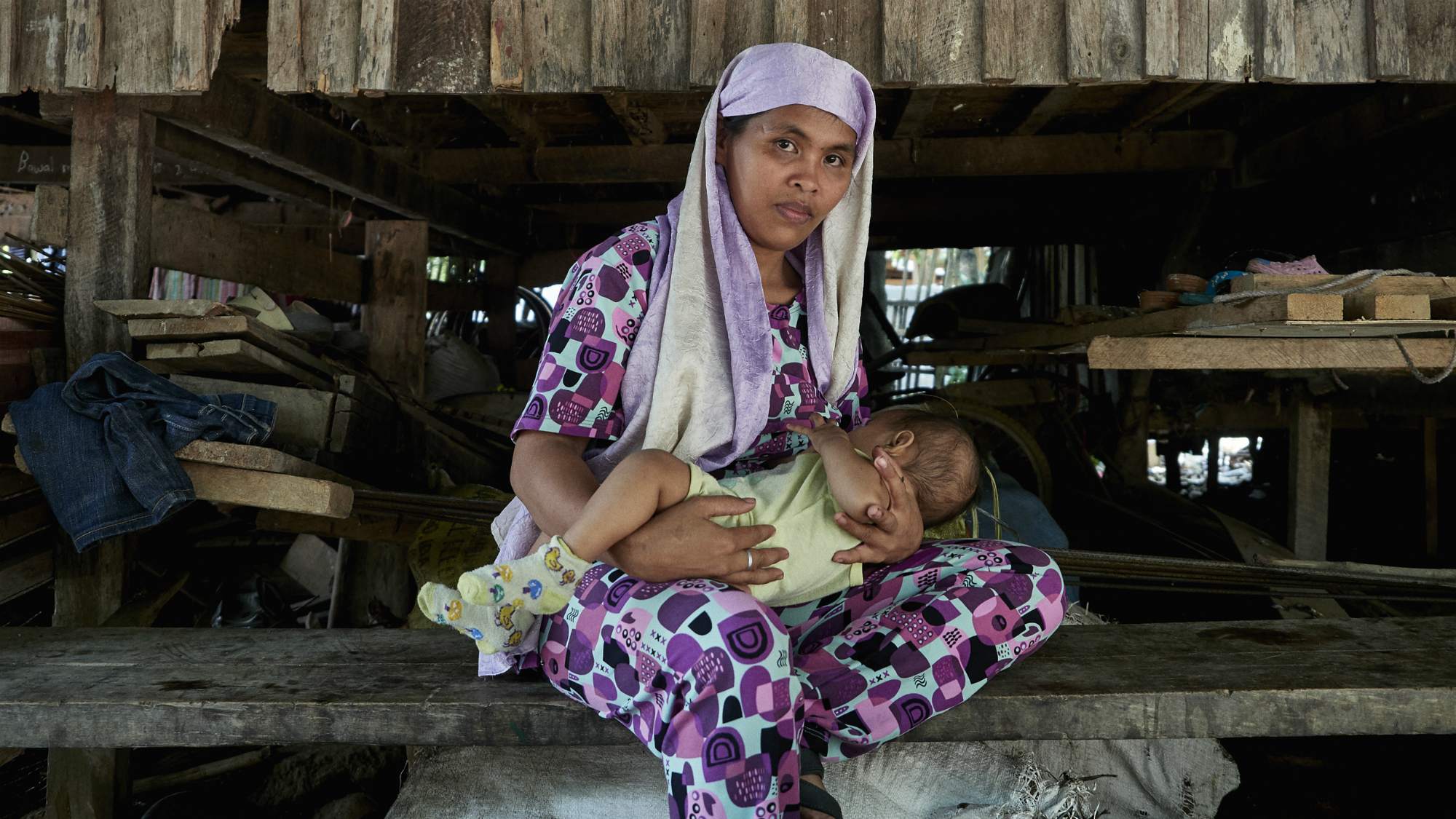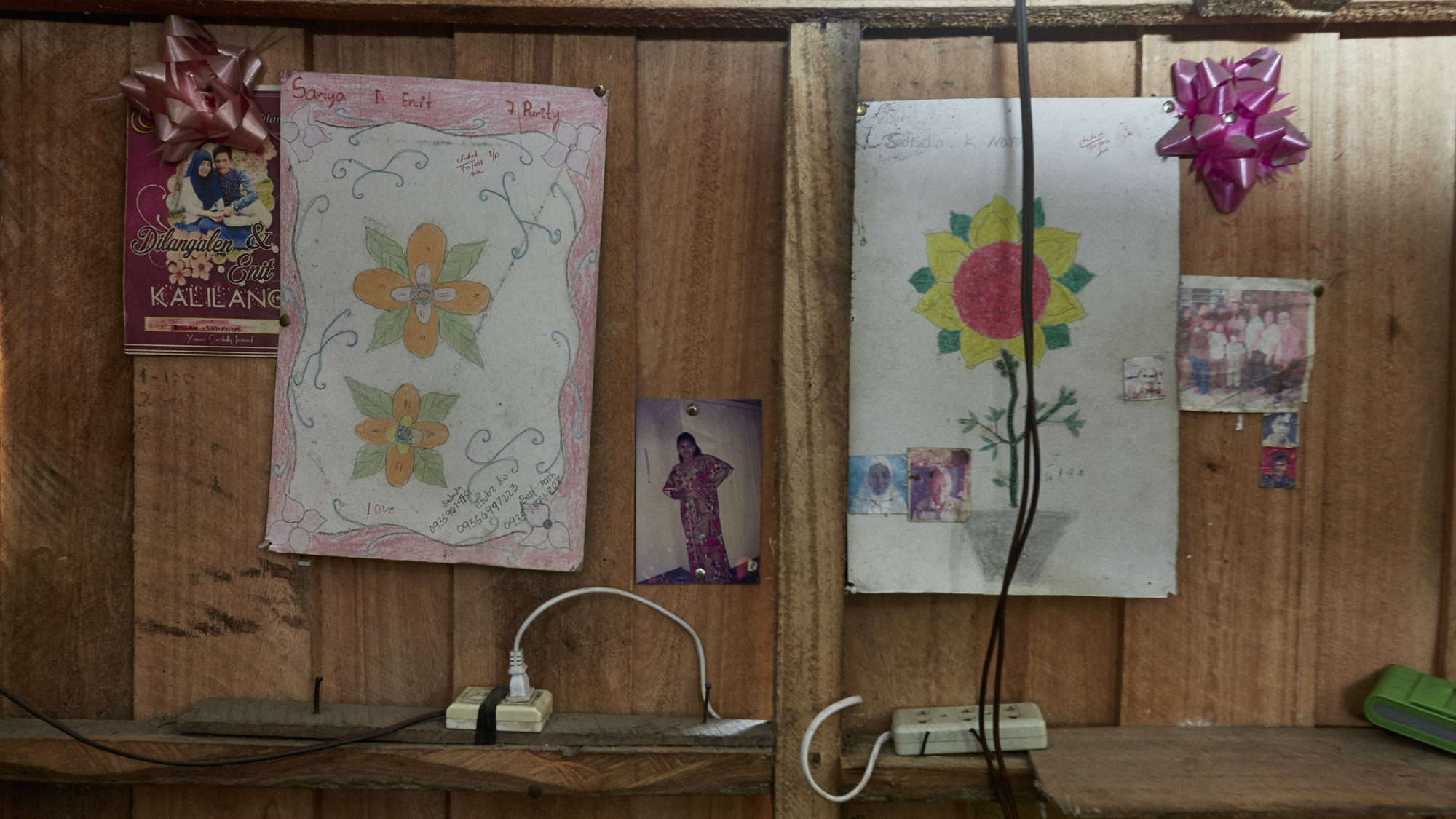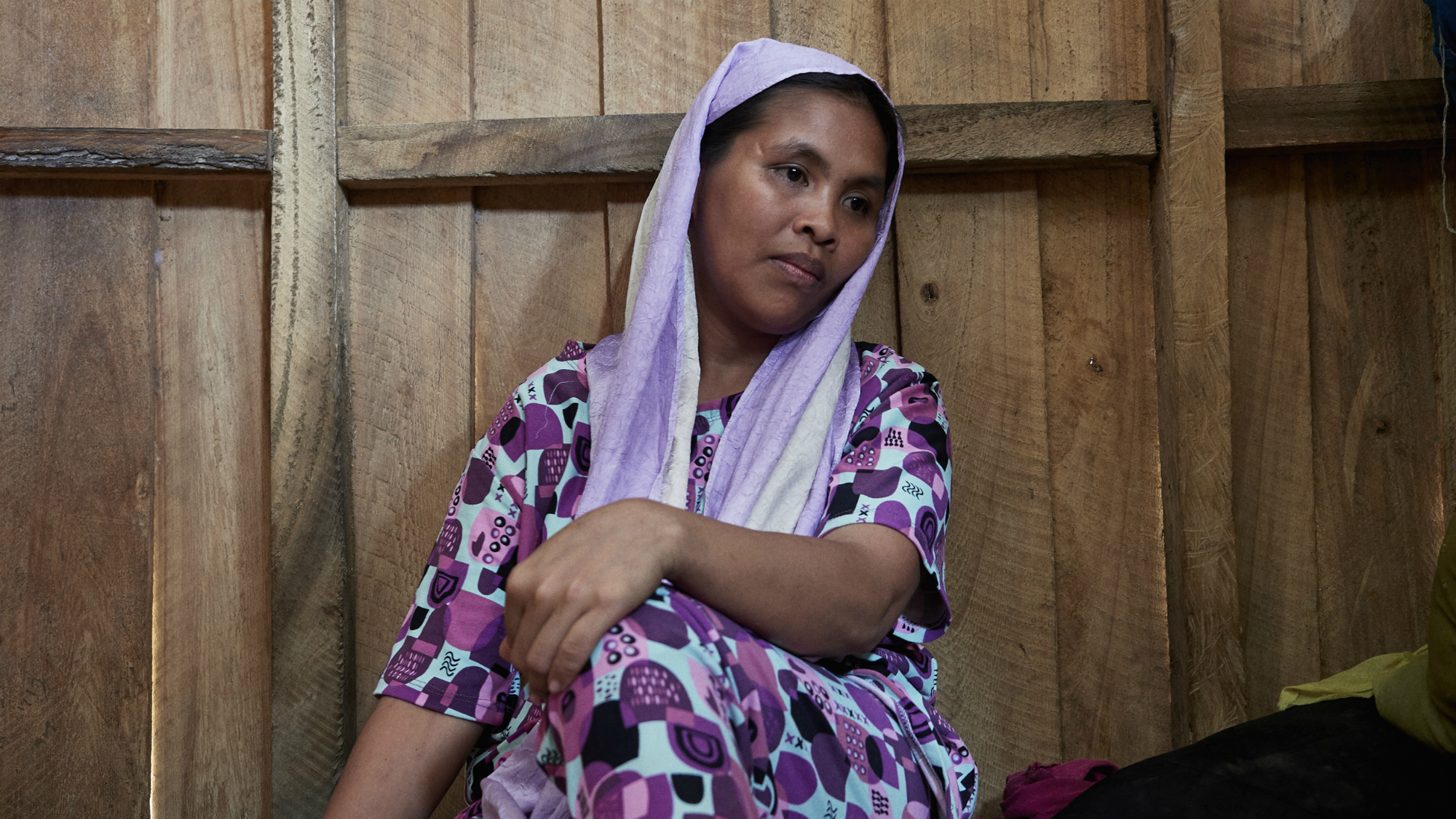A day in the life of a 19-year-old mother of five
Rates of teenage pregnancy are escalating faster in the Philippines than anywhere else in the world – and the results are devastating. This is Tanombay’s story

Celebrity news, beauty, fashion advice, and fascinating features, delivered straight to your inbox!
You are now subscribed
Your newsletter sign-up was successful
Rates of teenage pregnancy are escalating faster in the Philippines than anywhere else in the world – and the results are devastating. This is Tanombay’s story
'Two weeks after my wedding, I gave all of my dolls away.
I didn’t want to. They were my favourite things in the whole world. Every morning after I’d finished my chores, I would sit on the wooden bench outside my house and line them up next to me while I made cross-stitch cushion covers and tablecloths for my mother to sell at the market. But my husband didn’t seem to like it."Stop playing, please," he would beg me. "You’re not a child any more." I didn’t know what to say back to him. I didn’t really understand when I’d stopped being a child, but I figured it had probably been some time during the ceremony.

I was nine years old when my parents told me I needed to get married. We’d run out of food, again, and neither my mum nor my dad were having any luck finding work. Most days, I was allowed one banana for lunch, and then maybe one more in the evenings before bed. We were all getting thin, and my dad was sick. One day, he called me over and said that it was his dying wish to find me a husband. I pleaded with him to change his mind, but he said it was the only way that he would be able to stop worrying about me. If I was married, he said, then at least there would always be someone to take care of me – plus this way, maybe he’d have a chance of meeting his grandchildren before he died. A few weeks later, he said that his friend had agreed to take me as his wife.
The first time I saw my soon-to-be husband, Umar, all I could think was how old he seemed. At 40, he had more wrinkles than my mother. Then I noticed the fact that he seemed to be very poor. I thought my parents were going to marry me to a rich man, so that my life would be easier – but when I asked my mum, she said that Umar was honest, and that honesty was better than wealth in a husband. And anyway, we have a saying here: “children are all the riches you need”. My mum believed in that a lot."You will have a hard life, but you will learn to love him," she told me. I wasn’t quite so sure, but I didn’t have a choice.

My periods hadn’t started yet, so I didn’t get pregnant immediately – I think it took about a year. My husband had to show me what to do, because I was so young that I didn’t understand how babies were made. I didn’t like it, but I knew it was my job to do what he told me. When my mum finally looked me up and down and told me that I was expecting, I felt nervous. I had never been to school, and I didn’t know what having a child involved. I didn’t even know how the baby would come out. But when I told Umar, he was so happy he jumped in the air.
When the time came to give birth, we didn’t have the money to go to hospital. Things have improved recently – when I was pregnant with my fifth child last year, organisations like Oxfam provided all kinds of support, like health check ups and donations of food. I think they’ve probably saved my life and my babies’ two or three times in the past 12 months. But back then, when I was ten, there weren’t any NGOs to help us. I just remember sitting down to watch TV when blood suddenly started trickling down my legs, and a weird feeling of pressure inside my body – like I had the worst stomach ache in the world. My mum made me lie down on the floor, and told me to stay quiet so that I didn’t upset the neighbours with my screaming. I don’t know how long the labour lasted, but I know Umar stayed away until after our son, Usop, was born. He said it wasn’t right for him to see me like that.
Celebrity news, beauty, fashion advice, and fascinating features, delivered straight to your inbox!

Since then, I’ve given birth five more times – to two boys and three girls – and life has become more difficult with every one of them. I love my children, but they always need something from me. My body hurts as soon as I wake up at five in the morning, right through until I go to sleep at eight or nine at night. I feel old and weak – not like how I think 19 year olds should feel. Recently I spoke to one of the health workers who visits me about it. I was like,"please, I have to stop having children" and she told me that there were pills I could take which would mean I could choose when to get pregnant. They sounded amazing, but when I spoke to my husband about it, he said they would make me sick, and that it was better if we just left things up to God.
Most of my friends here are in the same situation as me. Everyone has four or five children, and everyone has husbands who are twice or three times their age. But even though it’s normal, sometimes I wish my life was different. We still only have enough food for one meal a day, and I can only afford to send two of my children to school. Every night I go to sleep and dream about owning a beautiful house and a car. Sometimes I wake up early in the morning and try to draw them with my children’s crayons, then I stick the pictures to our walls to give me hope that life will get better. It wouldn’t have to be a big house – it could just be average – but I’d really like to have my own bedroom. I’ve always had to share with someone until now. I can’t imagine what it would be like to have your own space, and do things just for you.'
If you’d like to help girls like Tanombay, visit www.oxfam.org to donate.
Reporting for this story was funded by the European Journalism Centre, as part of Corinne Redfern and Francesco Brembati’s project, Crying Hunger [www.instagram.com/cryinghunger]